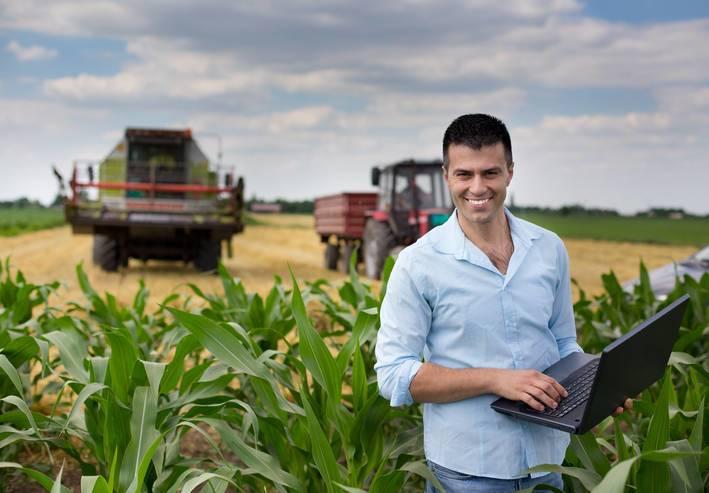
By W.M. Chandler
Millennials have tipped the mark as the world’s largest generational population and make up the highest percentage of the workforce. A generation that demands a healthier and more rewarding work environment than their predecessors. One that doesn’t want to be associated with a company with poor environmental ethics or practices — no matter how high their paycheck. They are the leading the way in holding industries accountable for their corporate social responsibility and impact on people and the environment.
They have been raised in an era that has allowed them to have the internet at their fingertips from the moment they could hold an iPhone. The wealth of the information online keeps them informed and allows them to have their voice heard on millions of different platforms and websites every day. They are demanding better working conditions and that their employers hold themselves accountable for their ecological impact.
Due to growing up in a time period in which there were no major unemployment rate drops during their employable years, they have no problem simply quitting their job if their employer is unwilling to adhere to their personal ethical standards. According to Ohio University, a recent Deloitte survey found that 70 percent of millennials acknowledged that a company’s commitment to social responsibility influenced their choice to work there.
The millennial generation has been told of warming climates, the threats of pollution and have been encouraged to adopt positive environmental practices (i.e. recycling, composting) their entire lives. Most are refusing to accept working for anyone that doesn’t understand the need for change in business practices, especially in the agricultural and farming realm.
The new faces at local farmers markets are tending to look younger and younger. Concerned for the sourcing of their food, many of the millennial generation are leasing land to grow food for themselves and their communities. It is their way to say to factory farms and other businesses mired in conventional farming that if they aren’t going to change their ways, millennial consumers will no longer be their employees or consumers. One of the heaviest influences that consumers can have on the market is their purchasing power. Many millennials wish to see their food be ethically sourced, and to come from local and organic farms. If the market doesn’t supply the demand, they will do take it upon themselves to meet those needs.
In addition to millennials fighting for what they believe to be ethical, they are getting the education to do it. As a result, this generation has the highest amount of student debt than any other. In a survey done by the National Young Farmers Coalition, they found that 30 percent of young farmers (defined as working in agriculture for less than 10 years) pursued a college or university education before beginning their career. Educated or not, those that are working to start their own farms are finding pitfalls and barriers.
A report from The Heritage Foundation states, “Farm subsidies are intended to help struggling family farmers. Instead, they harm them by excluding them from most subsidies, financing the consolidation of family farms, and raising land values to levels that prevent young people from entering farming.” Farmers that receive government subsidies are subject to certain rules and regulations that promote pesticide, herbicide and antibiotic use that is proving harmful to the environment. Most independent farms refuse the help of government programs and funding to allow them to operate under their own code of ethics.
Organizations such as the National Young Farmers Coalition, have set out to create a new standard for farming practices. They aim to grow with integrity by insisting upon fair labor practices, helping to find affordable land for farmers to lease or purchase, emphasize the importance of family farms and condone only sustainable farming methods. By creating a new social norm for how their community’s food is grown, they hope to build a resistance against an unreliable infrastructure and in hopes of fighting against obesity in America.
Following the strides being taken by this large, young population may result in the implementation of socially responsible practices across the board, especially in the farming sector. What millennial farmers hope to have the world understand is that everyone has a stake in the global food system. It affects each individual, our water, our land and our air. It isn’t about a generational gap; it is about resisting systems that do not have sustainability in their operational plan.
W.M. Chandler is a Colorado native and works best with her head in the clouds. She is an avid researcher and enjoys writing about unfamiliar subjects. She writes passionately about nature and the outdoors, human connections and relationships, nutrition and politics. Follow her on Twitter @wmchandler1212.
Image credit: iStockTriplePundit has published articles from over 1000 contributors. If you'd like to be a guest author, please get in touch!














